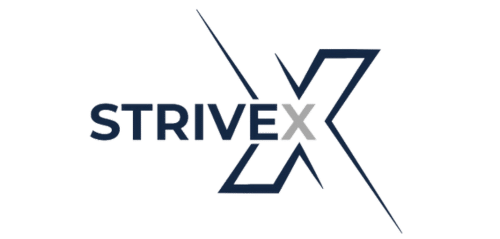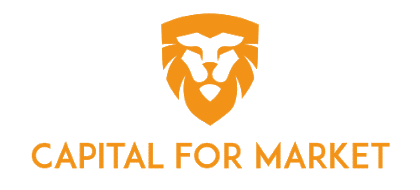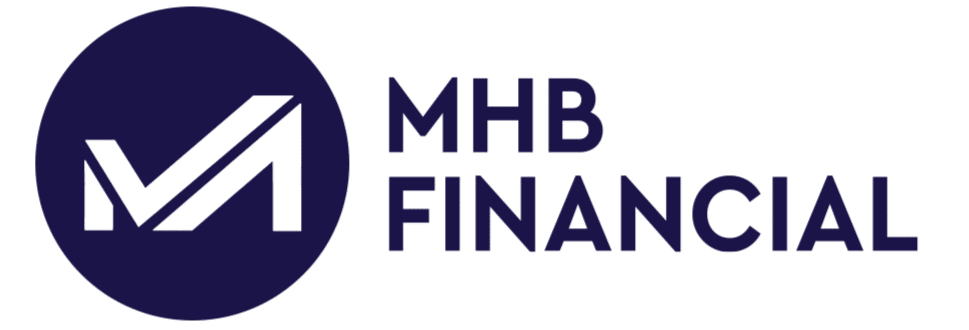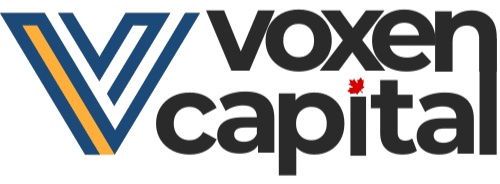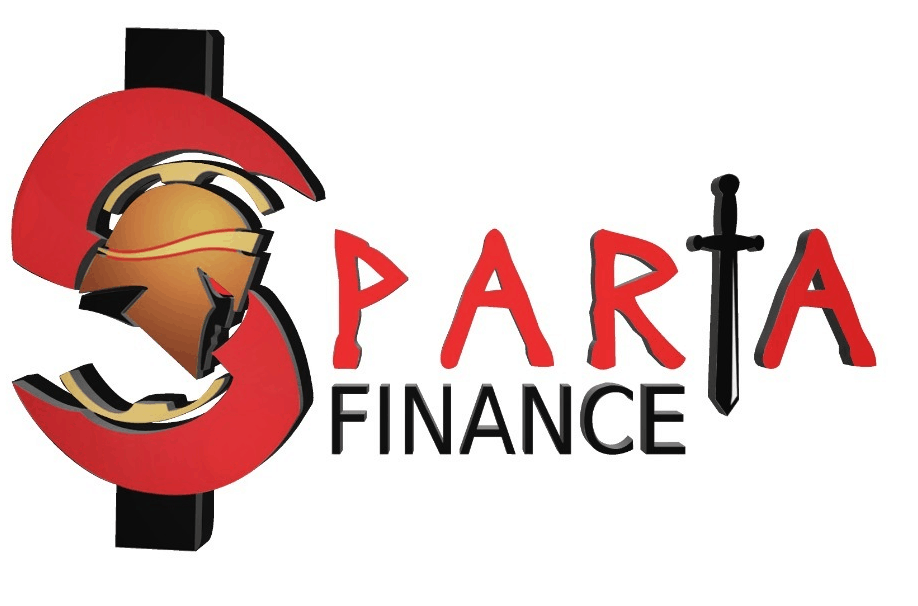Compare Lenders
$2,500 - Unlimited
Starting at 3.9% - 34.9%
3 - 240 Months
Discover Popular Financial Services
Quick Links
Understanding Your Equipment Financing Needs
Financial solutions come in many different forms, and the broad range of possibilities may seem overwhelming. What's crucial is to determine your exact business needs, so you can understand which equipment finance solution meets them best. This is effectively step one of any equipment financing decision. Consider:
All of these elements give you a starting place for comparing the funding options open to your business for its new equipment purchase.
Understanding the Different Types of Equipment Financing
Step two in your equipment finance decision is to consider the various financing solutions and determine which best suits your situation. The main options can be distinguished as follows:
Credit Based Financing
This is a great finance option if your business has a positive financial history, as it does not require any upfront payments. However it is not relevant for new businesses or those with poor credit.
Collateral Based Financing
This option is great for those with low credit scores or starting a new venture; it involves a large down payment or form of collateral in order to secure a loan.
Cash Flow Based Financing
If your business has lower credit but can prove steady cash flow, cash flow based solutions may work for you. It's ideal for existing businesses looking to upgrade or grow their equipment base.
Pros & Cons of Financing
Pros
- You own the equipment and are not limited in how you can use it
- You can sell it if needed, as with all other business assets
- Tax deductions may be available
- Equipment can be used as collateral
Cons
- Equipment may become outdated before you’ve finished paying it off
- Can be harder to obtain a loan than a lease if you have bad credit
- Upfront money may be required
- Repair costs are your responsibility
Financing Versus Leasing Equipment
Not every business will want to go down the loans route. It's worth considering whether your company might be better off leasing or using lease financing. The main difference when leasing is that when you lease something, you’re effectively only ‘borrowing’ it. Your monthly lease payments allow you to make use of the equipment for the period of your lease only, and when the lease expires you must return it (or get a new lease). An equipment finance plan, on the other hand, means you own the equipment in full, and are simply paying it off gradually.
Choosing between a lease and traditional financing may not be obvious for your business, and in these cases it can come down to what lease terms you can obtain versus the terms on a loan. How long you want to be able to use the equipment for, what you can afford to pay for it monthly, and whether you can get flexible terms on either your lease or loan can make the difference in this decision. Many are wary of leases simply because it means they don't own their tools, but remember that many items of machinery are consumable, and a lease can be a smart way to access the item without having to take on the burden of maintaining it. Different industries may have different standards regarding leasing and what can be accessed via a lease.
Pros & Cons of Leasing
Pros
- Allows more flexibility
- Lets you upgrade equipment more easily
- No down payments
Cons
- You don’t own the equipment and cannot resell
- Less chance of tax breaks
- Have to keep the equipment until the end of the lease
- Possibly negative effect on your balance sheet thanks to lease payments
Who Can Get Business Equipment Financed?
Almost all industries need at least some equipment, so leasing or equipment finance can be useful in multiple sectors, including:
- Hospitality
- Transportation
- Fitness
- Office work
- Agriculture
- Construction
- Landscaping
- Wellness
- Forestry
- Mining
Businesses in these or any other commercial industry can apply for lease financing or traditional financing to give them access to the assets they need to operate successfully.
Frequently Asked Questions About Commercial Equipment Financing in Canada
What's a typical interest rate for commercial equipment loans?
Interest rates on equipment loans vary depending on circumstances, including the business in question, its assets, cash flow, liabilities, credit rating, as well as the equipment, its purchase price, useful life, resale value, expected usage, down payments considerations, and so on. As such it can be tough to estimate what interest rate any given business will qualify for on the fair market. Rates can start as low as 2.5% and span all the way to 20% or more.
Are loans for business equipment tax deductible?
This depends slightly whether the business equipment is a capital asset , or is revenue equipment. If the item in question is considered an asset and offers the company holding it the opportunity to sell it for fair market value when business needs change, it is not usually tax deductible.
What's the difference between asset finance and equipment finance?
None! These are synonymous terms that simply mean that the loan is secured against a piece of equipment, and as such if the loan is defaulted on, the lender can come on site to seize the equipment in lieu of payment.
What credit score is needed for an equipment loan?
If you are seeking a traditional loan from a bank, companies typically need a credit score of 600 or higher to gain approval. However, there are funding options for those with a score lower than this, via the many online lenders and alternative lenders. And a lease can be a great alternative if credit is an issue, as leases do not rely as heavily on credit and a lease can be more affordable to those with poor credit.
Which is better: leases or purchase financing?
This depends on a range of business circumstances, as well as the equipment itself. Leasing can be a more affordable route to access to a key piece of industry technology, without the need for a purchase hit to the company's balance sheet and without complicating that balance sheet with the presence of another asset. But to truly compare leases and finance solutions, you need to take into account lease terms, loan terms, and the expected benefit of either route.
What's a sale leaseback?
A sale leaseback is a form of lease that occurs when a company sells an asset, and then immediately leases it back. This can be helpful in circumstances when access to the item is crucial, but the company holding it needs the short-term cash that comes from selling it.
Can I get purchase financing from my bank?
Whether your bank will lend to you depends on your company profile, its history, cash flow, credit score, and so on. A bank will have strict criteria that must be met before they offer financing, and each bank may be different. Other lenders however, like an online lender or an alternative lender, may have different criteria for loan approval, and is more likely to be able to offer customized finance solutions too. Choosing your lender carefully can make a big difference in your overall finance journey, so don't just assume your bank will be the best option for a loan.
Explore more
Similar products
Why Choose Smarter Loans?

Access to Over 50 Lenders in One Place

Transparency in Rates & Terms

100% Free to Use

Apply Once & Get Multiple Offers

Save Time & Money

Expert Tips and Advice



